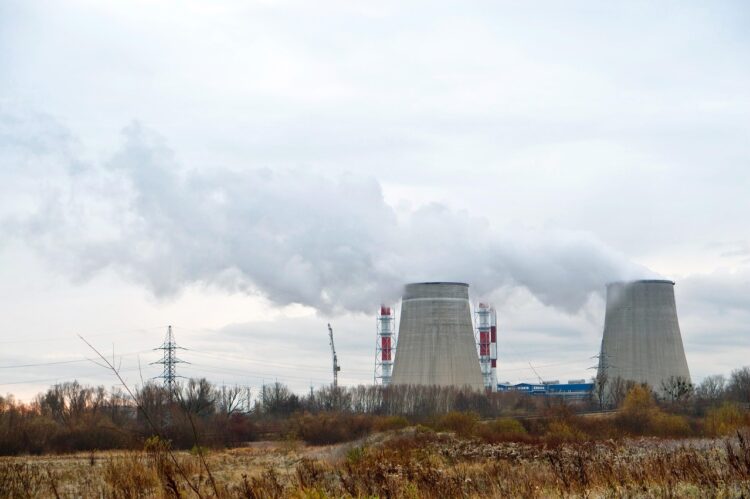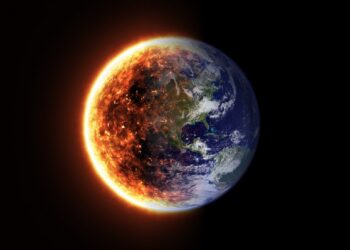Understanding Global Warming and Climate Change: Clarifying the Concepts
Despite often being used interchangeably, “global warming” and “climate change” refer to different, albeit closely related, environmental phenomena. Both terms are crucial in the discourse surrounding the changes our planet is facing due to various factors, primarily human activities. Understanding these terms not only aids in communication but also enhances public awareness and guides policy decisions.
What is Global Warming?
Global warming refers to the ongoing increase in Earth’s average surface temperature. Primarily caused by the emission of greenhouse gases like carbon dioxide (CO2) and methane, global warming is a metric of climate change that indicates a specific, measurable aspect of the broader phenomenon. The increase in greenhouse gases in the atmosphere, largely from human activities such as burning fossil fuels and deforestation, traps heat that would otherwise escape into space.
The Evidence of Global Warming
The evidence for global warming is compelling and multifaceted. Over the past century, particularly since the mid-20th century, scientific observations have documented a steady increase in global surface temperatures. According to data from NASA and NOAA, the average global temperature has increased by about 0.08 degrees Celsius per decade since 1880. However, the rate of warming over the last few decades is nearly double that of the last century. These rising temperatures have been accompanied by a range of other changes, including melting ice caps, rising sea levels, and altered weather patterns.
What is Climate Change?
Climate change encompasses a broader scope, referring to long-term changes in temperature, precipitation, wind patterns, and other elements of the Earth’s climate system. While global warming is a singular aspect of climate change, focusing on temperature, climate change includes a variety of changes that can be both direct and indirect consequences of warming.
Impacts of Climate Change
The impacts of climate change are diverse, affecting nearly every aspect of the biosphere and human life. These impacts include more frequent and severe weather events such as hurricanes, droughts, and heavy rainfall. Ecosystems are also being altered, leading to biodiversity loss and affecting natural services like pollination, water purification, and climate regulation. Furthermore, human societies face challenges such as food and water scarcity, health risks from heatwaves and new disease vectors, economic damages, and conflict over dwindling resources.
Addressing Common Questions
Is Climate Change the Same as Global Warming?
As discussed, climate change and global warming are not synonymous. Global warming is the temperature aspect of climate change, which includes various other changes in the Earth’s systems and processes. Although related, using the specific term applicable to the topic being discussed (temperature change vs. overall environmental change) brings clarity and accuracy to the conversation.
What are the Causes of Climate Change?
Human activities are the dominant cause of climate change, with the burning of fossil fuels for electricity, heat, and transportation being the largest single source of global greenhouse gas emissions. Deforestation, industrial processes, and some agricultural practices also contribute significantly to the emissions that drive climate change.
Can We Stop Global Warming and Climate Change?
While we cannot completely stop global warming or reverse it instantly, significant mitigation and adaptation strategies can manage and curtail its most severe effects. Strategies include transitioning to renewable energy sources, enhancing energy efficiency, protecting and restoring forests, and innovating sustainable agriculture practices. Moreover, international agreements such as the Paris Accord aim to limit global warming to well below 2, preferably to 1.5 degrees Celsius, compared to pre-industrial levels.
Moving Forward: Action and Awareness
In conclusion, both global warming and climate change are critical issues that demand global attention and action. By understanding the terminology and the nuances between these terms, individuals, communities, and policymakers can better communicate and make informed decisions that contribute to both mitigation and adaptation efforts. Educating oneself and participating in both local and global sustainability efforts are steps toward a healthier planet.
Joining Efforts for a Sustainable Future
Understanding and acting upon the evidence of global warming and climate change is crucial in shaping a sustainable future. Continued support for scientific research, coupled with vigorous policy implementation and community actions, will pave the way for a resilient, climate-adapted world. As global citizens, it’s imperative that we recognize our role and responsibility in this global effort.
Every action counts, and every bit of knowledge helps in making informed choices for the future health of our planet. By distinguishing precisely between global warming and climate change and understanding their implications, we set the stage for better dialogue and more effective action.









